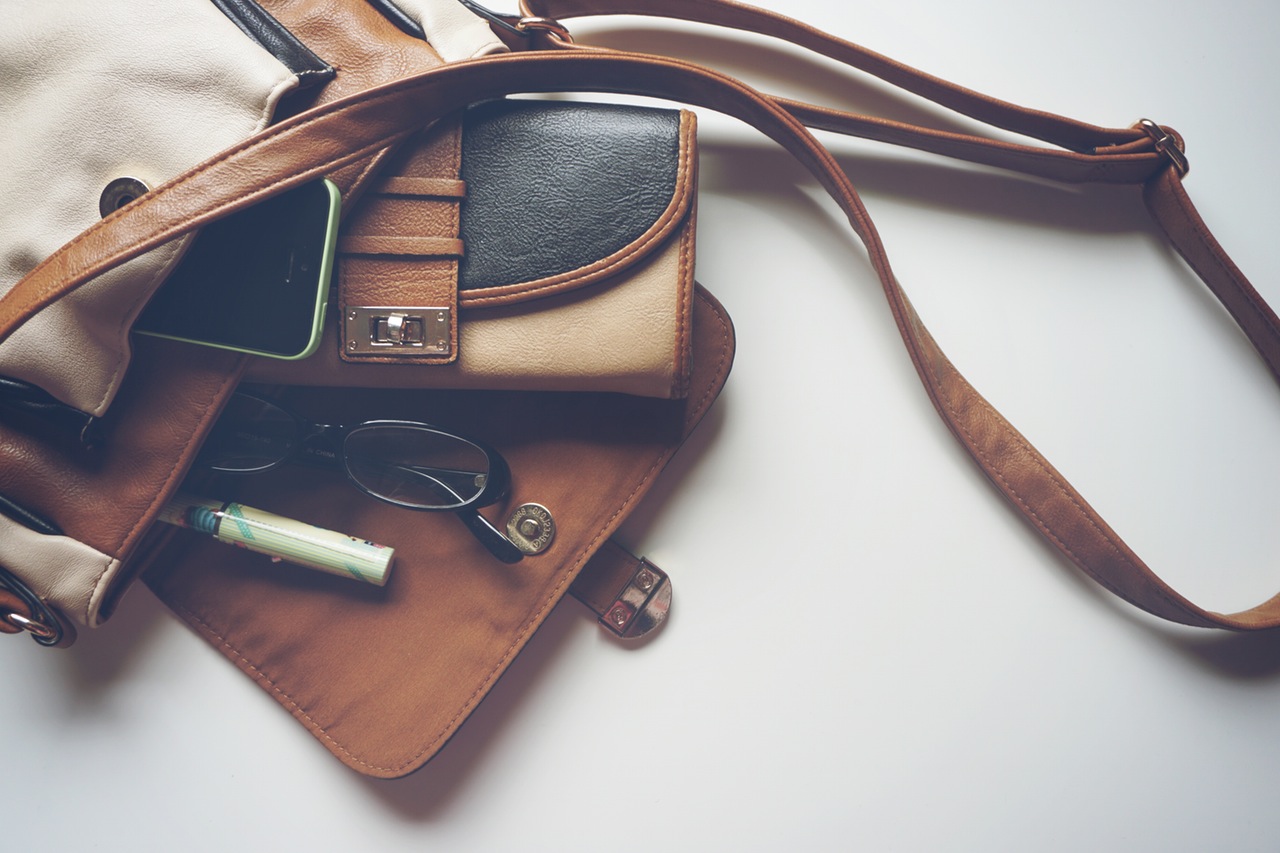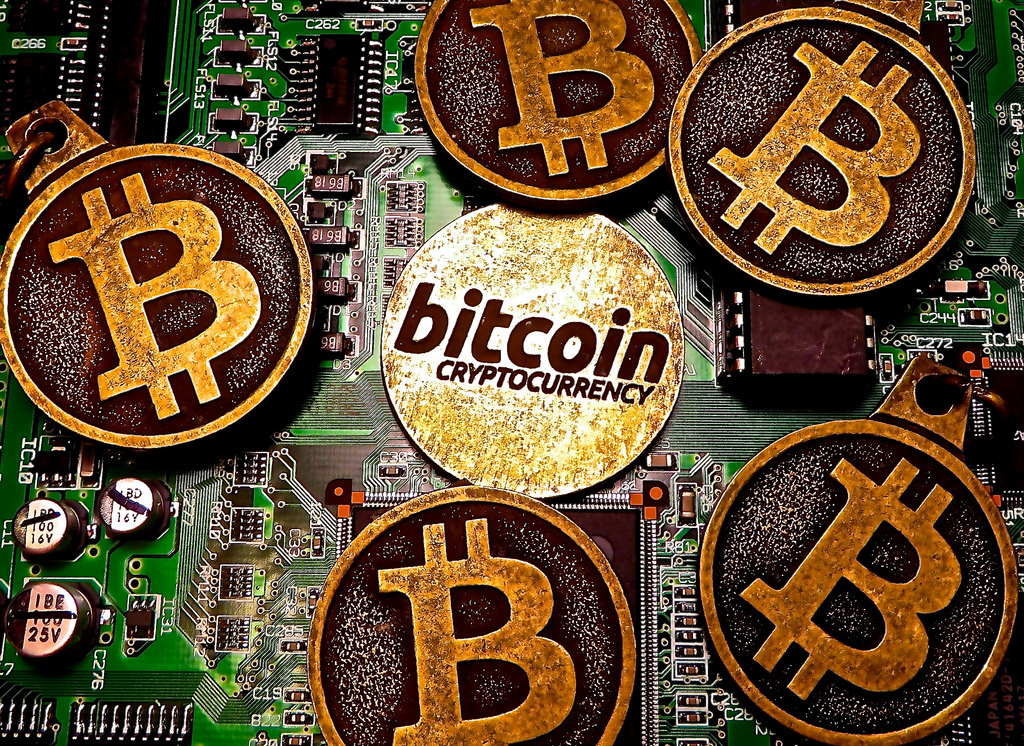Our society has been actively moving towards one that doesn’t see a lot of cold hard cash. Now with the ease of debit cards and more offers to paying bills online, new ways for currency to move from one place to another without ever physically passing through hands is on the rise. However, it’s awfully confusing for most of us on just how it works, how safe it is, and if it’s that effective. Here is a comparison of a few online options to help us navigate the changing face of finances.
What’s a Bitcoin?
Bitcoin first hit the scene in 2007 and can best be described as cryptocurrency. Whereas money is a physical manifestation and is reliant on our banking system, bitcoin is all online with no physical manifestation and has no centralized system that controls it. It is controlled by the users and developers. Essentially meaning only those who are invested in the bitcoin system strive to keep it safe. But how do they earn bitcoin? Well, bitcoin mining is the easiest way. You start with a small investment into the system. You then work through math problems through your computer to unlock more bitcoins. Most people opt for mining software in their homes (it can be pricey!) or do cloud mining (no equipment which saves you investment money).
Safety Breakdown:
- Users and Developers ensure its safety by being in control of the system. They have more to lose than a corporate entity!
- Users must monitor their own bitcoin wallet to be sure no one else has access. Lose the wallet and you lose the bitcoins you own.
Why Paypal?
Paypal has been on the scene since 1998, then known as Confinity, and moved to money transfers in 1999. Under the current model, it’s a fantastic platform for a small business to invoice their clientele, receive payments, and transfer money into bank accounts all without moving away from the computer. Everything is done electronically and can save a tremendous amount of time. For the casual user, you can easily send Aunt Sue some money while she’s on vacation or purchase new items from your favorite Etsy shop.
Safety Breakdown:
- Offer identity protection
- Monitors all transactions 24/7
- Offers refund support
- Offers payment protection
- Assists with all disputes
I Own a Wallet, Who Needs an E-Wallet?
In the same way that e-mail replaced the handwritten letter, e-wallets are on the rise for the ease of managing payment accounts. Essentially an e-wallet stores your banking and credit card information so that when it comes time to make payments, you can do so with just a few clicks and never digging around for a credit card or your bank info. You will literally only need your credit card if you pay a bill over the phone or make a purchase in a brick and mortar shop.
Safety Breakdown:
- Once banking and credit card information are entered, they are never shown fully on the screen.
- The entity you are paying also never fully sees your banking or credit card information.
- Company asks questions whenever you make a payment to help avoid any fraudulent charges being made.
Whether you choose to use Bitcoin or PayPal or an E-Wallet, these options are meant to make online bill pay and shopping easier and more enjoyable than it has been in the past years. Always read the Privacy Policy carefully to understand what the entity does with your information as well as what the entity will help you will in the event there is possible fraud.


